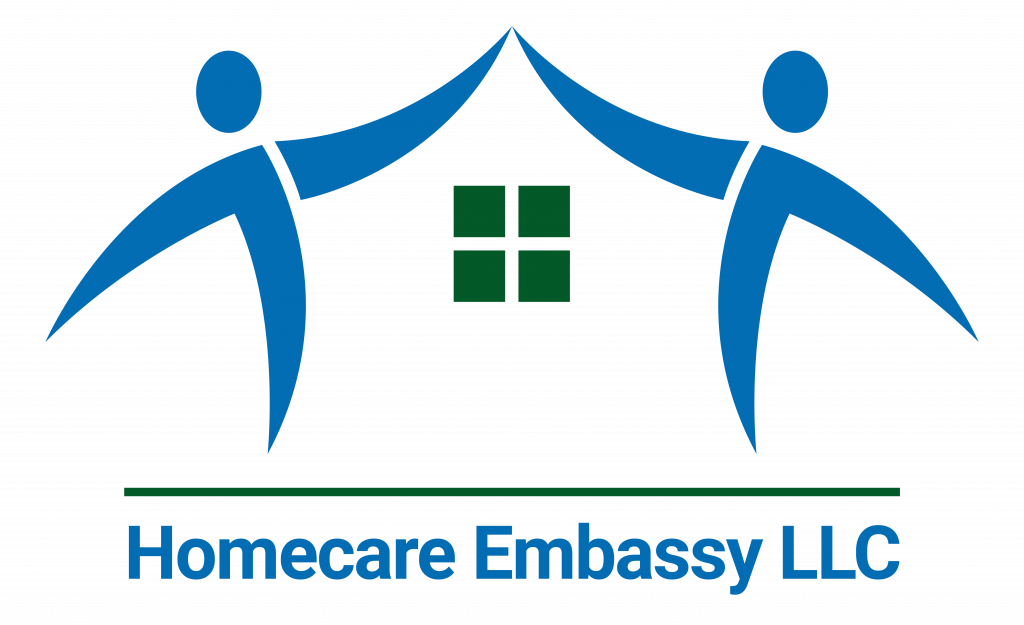What Is Home Care Services?
Home – care services provide patients more options, allowing them to be treated at home if it is safe to do so. They include the delivery of specialty medications and related services to patients in their homes or other community settings.
Home health care refers to a variety of medical treatments that can be provided in the comfort of your own home to treat a sickness or accident. In most cases, home health care is less costly, more convenient, and equally as effective as care received in a hospital or skilled nursing facility (SNF).
Examples of Skilled Home Health Services
- Pressure sores or surgical wounds require special attention
- Patient and caretaker education
- Parenteral or nutrition treatment
- Injections
- Serious sickness and unstable health status monitoring
Goal of Home Care Services
The purpose of home health care is to treat a disease or injury in general. Home health care can assist with:
• Improve yourself
• Regain your freedom
• Become as self-reliant as possible
• Maintain your existing state of health or function.
• Gradual decline
Examples of What the Home Health Staff Should Do
• Keep track of what you eat and drink.
• Make that your blood pressure, temperature, heart rate, and respiration are all within normal limits.
• Double-check that you’re taking your prescription, additional medications, and therapies as directed.
• Let them know if you’re in pain.
• Make sure you’re safe at home.
• Teach you how to look after yourself so you can look after yourself.
• Organize your medical treatment. This means they must contact with you, your doctor, and anybody else who is responsible for your care on a frequent basis.
Benefits of Home Care Services
Consider the following advantages of in-home care services while making your selection.
1. Assistance with ADLs
It’s natural for your elderly loved one to want assistance in the house. Bathing and dressing, as well as food preparation and cleaning, can be challenging for seniors, especially if mobility is a problem. Activities of daily living (ADLs) such as bathing, eating, toileting, transferring, and continence are frequently covered by in-home care services. Companionship, household management, financial management, medication administration, shopping, transportation, and other services aimed to assist a person live freely and prosper may be included in in-home care services.
2. Individualized Attention
One of the most significant advantages of in-home care services over alternatives such as nursing homes and other care facilities is that the person receives one-on-one attention. Your loved one will receive customised care and attention from a certified caregiver if you choose in-home care. This staff member gives your loved one personalised attention, which is impossible in nursing facilities where only a few staff members are left to care for a large number of people. This one-on-one care may be extremely helpful to the health and pleasure of a senior.
3. Training and Resources of High Quality
The amount of training and resources that in-home care health aides bring to the table is simply exceptional. Before being assigned with a senior, these carers go through extensive training to ensure that they are prepared to manage any emergency that may arise in the home. Fall prevention, infection control, emergency preparedness, and correct ADL implementation are examples of training subjects. Physical and occupational therapists might be brought into the house for planned visits if a person receiving in-home care services need more advanced treatment. Seniors can also make appointments with competent nursing personnel.
4. Improved Nutrition and Diet
Seniors who live alone and do not receive outside assistance may suffer from poor nutrition. Many elderly people do not want to prepare meals for just one person, therefore they rely on convenience foods for the majority of their nourishment. This can lead to excessive weight loss or growth, as well as a variety of health issues. Seniors who are afflicted with numerous ailments or injuries may lose lean body mass. An in-home care professional will make sure that your loved one eats a balanced meal that includes all of the nutrients they require to be healthy.
5. Improved Recovery
Several studies have demonstrated that patients who recuperate at home rather than in a hospital or nursing home do so faster. These people are also less likely to become infected as a result of germ exposure, which is more prevalent at medical institutions. According to the Centers for Disease Control and Prevention (CDC), roughly 1.7 million hospital-associated illnesses cause patient fatalities in some way each year. Despite the fact that the house is not a sterile environment, there are normally less microorganisms and a decreased chance of infection transmission from one patient to the next.
Source:
https://www.georgetownhomecare.com/6-reasons-home-care-is-important/
https://www.hopkinsmedicine.org/health/caregiving/types-of-home-health-care-services
https://www.georgetownhomecare.com/6-reasons-home-care-is-important/
